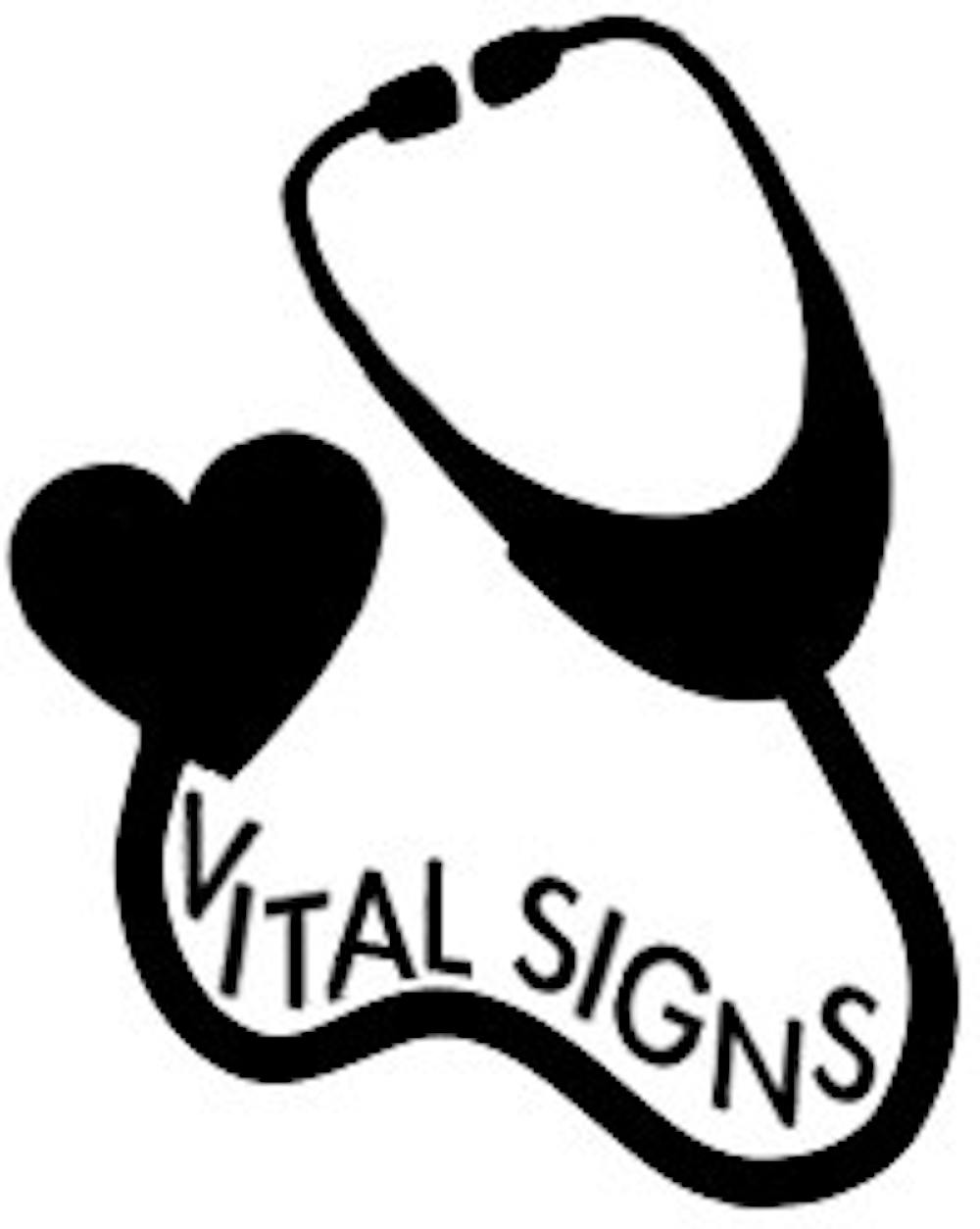By Anna Kellaher
Columnist
Have you ever had the sniffles or a headache and poked around the internet for a few minutes, only to convince yourself you have a rare life-threatening parasite? With so many health-centered apps and websites at our fingertips, it is important to assess our eHealth literacy.
Health literacy is the ability to obtain, process and accurately appraise information about health and wellness, and eHealth literacy refers specifically to information that we get from online sources. These tips can help you sort out medical fact from fiction.
Pay attention to the URL. If a website ends in “.com,” you’re better off taking that information with a grain of salt. Anyone can create a commercial website, so there is no guarantee that the content on these sites will be factual. More trustworthy and regulated resources end in “.gov” or “.edu.”
If the article is selling or promoting a specific brand or product, the information provided may be distorted or biased.
If a health-related article pops up on one of your social media feeds, click through the article and check that it came from a reliable source or organization. No offense to your Facebook friends, but they are usually not credible sources for medical information.
Even if your information comes from a reliable source, don’t make any decisions or diagnoses without talking to a health care provider. The internet can provide some useful general knowledge and give you an idea of where to start, but it cannot compare to a real life assessment and individualized treatment plan. If you have any concerns about your health, contact your health care provider or Student Health Services.







